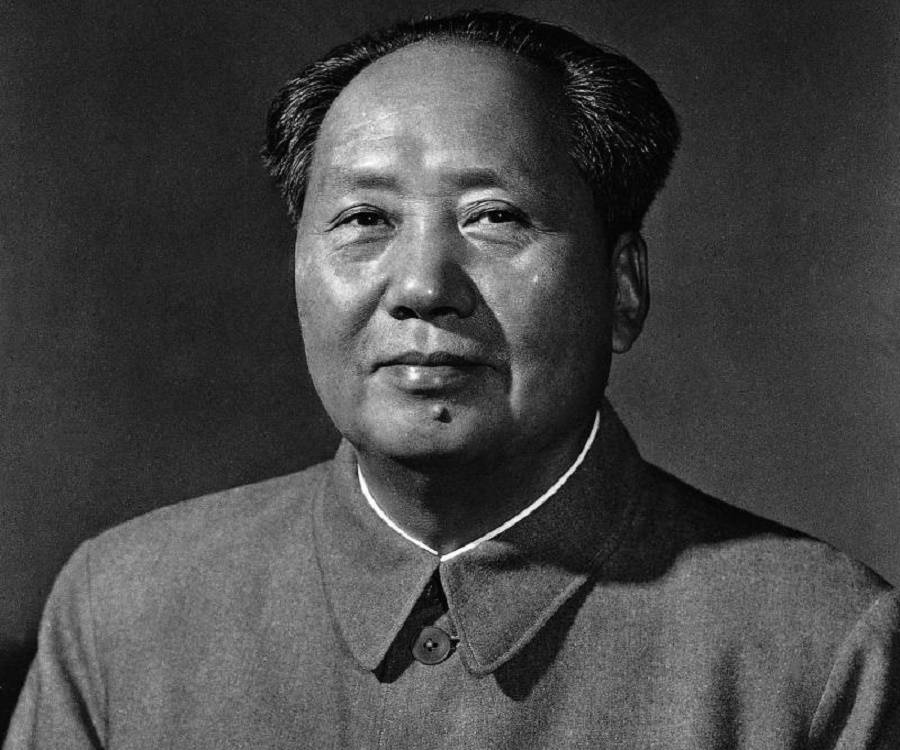Political Power
 |
| Famous People, accessed 2/25/2018 |
It is true that technology can help an unpopular regime stay in power for a little while longer. But society is not an entity that can be locked down forever. The world grows, changes, and mutates according to its own collective logic that is beyond any one person or group of people's perspective. Today's cutting edge surveillance tech may be countered by other changes in the technological and social landscape.
Therefore, I think we can safely put to bed the notion and hypothesis that force and violence alone are sufficient tools for maintaining and sustaining society and social orders. They may be helpful in suppressing unpopular and anti-social elements in human societies. However, the key feature of this theory is that the government officials do not get to determine who is an unpopular and anti-social element of society without having consent and acceptance by the society they are attempting to work in. Permission to use force, and the nature of the force that is used, must be cosigned by enough of the population that the anti-social elements do not have many places to hide or live well. In this way a dialogue is formed with society on how it is managed and regulated, such that the government is more easily able to do its job of promoting popular, just, and desired social orders, and the society benefits from the government's use of force against those individuals and interest groups who present behavioral evidence of not having a net positive effect on the well-being of the human society permitted to thrive uncorrected. The government regulates the society and economy, but the government's regulations must be in concert with the expressed, felt, and perceived needs of the society.
How then can officials feel safe while exercising political influence? My hypothesis is that it's ultimately genuine kindness, love of the work, a solid and accurate awareness of the social-ecological entities you're working with and how they work together, and a genuine desire to help people and places do better than would otherwise happen that enables political influence to grow. Research would have to be done on this in lab conditions (for human behaviors), and through examination of past institutional compositions in human history. I'm curious about how difficult it may be to find cases in history where this kind of politics based on consent is present. Governments rarely ask permission from their host societies to use their power against elements they unilaterally deem anti-social. But this doesn't mean there aren't cases of this kind of social organization and logic present, especially in the diverse range of different institutional structures and logics that are present in the world (Ostrom, 2005).
An implication of this line of logic is that colonial empires, and the local governments they may leave behind are outdated, and are extra fragile institutions to establish. This line of reasoning may explain how it is so difficult to effectively "rebuild nations", especially when the "nation builder" isn't actually looking out for local interests, needs, and customs, and why empire-building enterprises were so expensive for governments to operate (Davis and Huttenback, 1977), or why the American efforts throughout the 20th and 21st century have been so ineffective at delivering better outcomes in the targeted countries. It also could explain why and how governments get overthrown, either through non-violent, democratic processes, or through armed insurrection against the offending group of officials. In addition, it would explain how some uprisings have failed, if they did not have the popular support needed to exercise force over the society, and can be linked to ideas related to religious allegories and folklore against the inappropriate use of violence by the state. It may also be related to Sun Tzu's conception of the Moral Law as the basis on which force may be sustainably founded.
We have seen in a few examples the limitations of force and violence at accomplishing the aims of officials or of society. An alternative logic founded in kindness, accurate awareness, and genuine love for the other, founded on principles of interdependence and dialogue is proposed, and the implications and connections of this research are briefly considered. Research will have to confirm or deny this hypothesis being accurate and true; evidence must be gathered and carefully examined and tested. The only thing left to do would be to make it operational and institutionalize the processes so that they can be adaptable and flexible to present needs and future consequences. Only time will tell if I'll get the ability to do this kind of work, and peaceably institute new government and logic of governing.
Comments
Post a Comment